Publications
Articles, publications, books, tools and multimedia features from the U.S. Institute of Peace provide the latest news, analysis, research findings, practitioner guides and reports, all related to the conflict zones and issues that are at the center of the Institute’s work to prevent and reduce violent conflict.

Ethiopia’s Experiment in Reconciliation
In February 2019, the Ethiopian parliament adopted a landmark proclamation establishing a national reconciliation commission, the first-ever such institution in Ethiopia. Six months on, the commission has developed a three-year plan and begun consultations. But the body was formed without broad-based political consensus regarding its mandate, so has yet to win the critical trust of Ethiopia’s many social and political groups. Dr. Solomon Ayele Dersso discusses the mandate of this body, the challenges ahead, and how the commission could help build peace in Africa’s second most populous country.
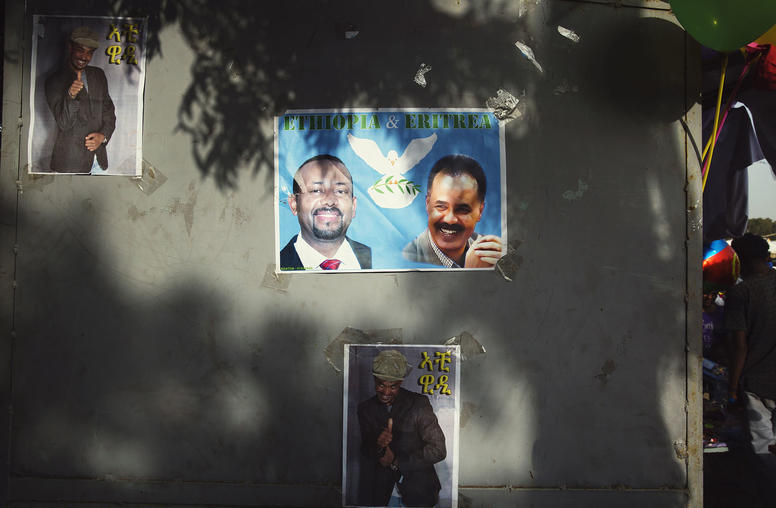
A Year After the Ethiopia-Eritrea Peace Deal, What Is the Impact?
Ethiopia and Eritrea signed a peace agreement just over a year ago to end two decades of a “frozen war.” The accord, which resolved a seemingly intractable border dispute after Ethiopian Prime Minister Abiy Ahmed took office and accepted an independent commission’s 2002 boundary decision, was greeted with tremendous optimism in both countries and by international observers.
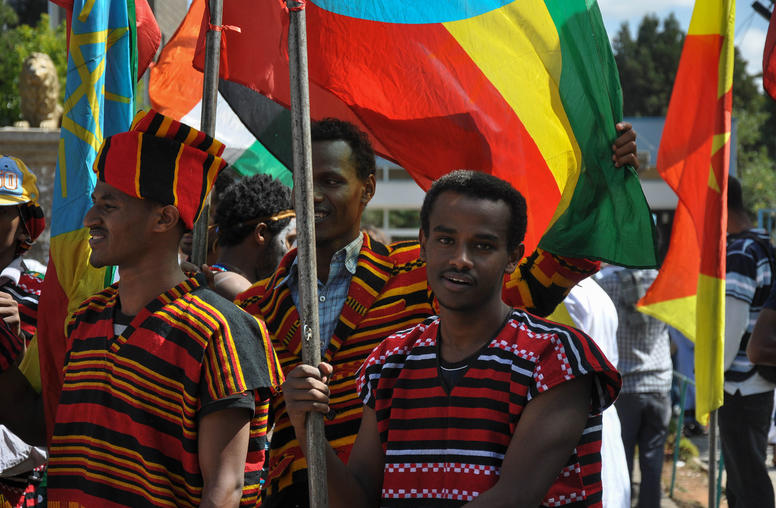
In Southern Ethiopia, Trouble Brews in Sidama
The southern Ethiopian area of Sidama is famous for its coffee. But amid the beans, bitterness lingers. More than 50 people were killed in recent violence, as Ethiopia struggles with demands for the creation of a new Sidama ethnic federal state—a right explicitly permitted by the national constitution. USIP’s Aly Verjee discusses the implications of this latest challenge to peace in Africa’s second most populous country.
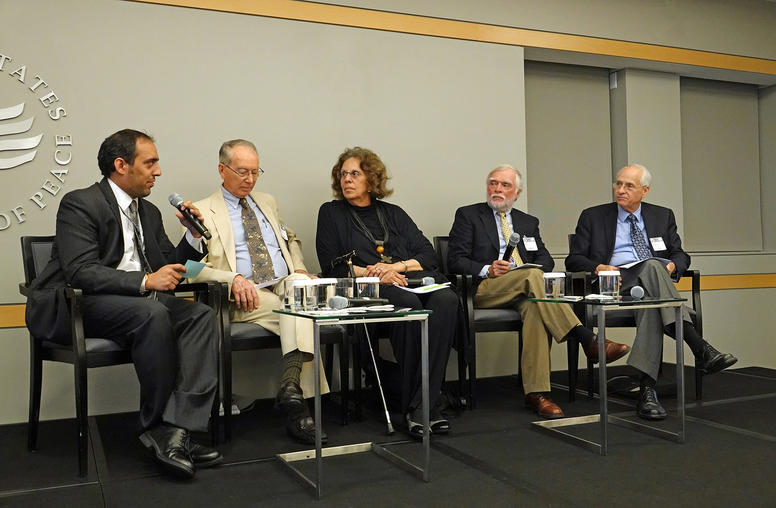
In Ethiopia, Former U.S. Diplomats See Promise in Reform
In Ethiopia, political prisoners are free and the security services revamped. Women now comprise half the cabinet, and serve as ceremonial head of state, chief justice, and chair of the electoral commission. Significant steps have been taken toward resolving a 20-year conflict with neighboring Eritrea and reforms to unleash the economy—already one of Africa’s fastest growing—are ostensibly on the way. Elections are slated for next year. Under Abiy Ahmed, the nation’s popular new prime minister, Ethiopia is changing in ways long desired by American policymakers, agreed four former U.S. ambassadors to the country. Yet the most the U.S. is likely to do is offer encouragement and a bit of support, they said.
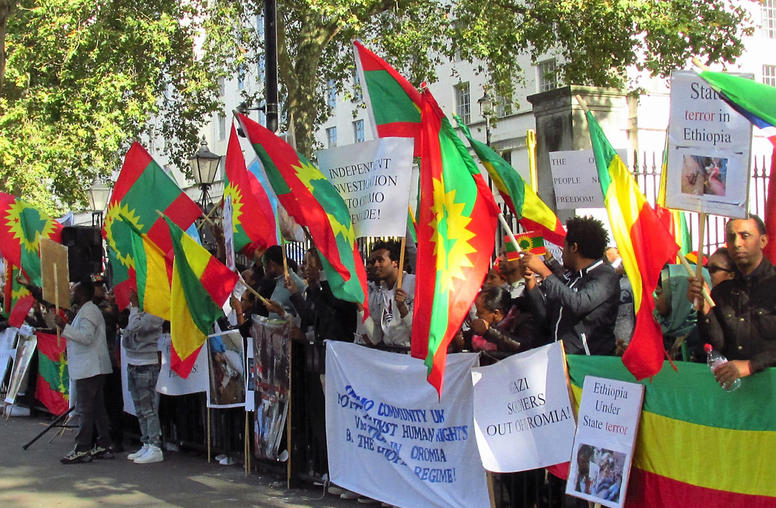
A Year of Change in Ethiopia
A year ago today, 42-year old reformist politician Abiy Ahmed became prime minister of Ethiopia. Abiy came to power during a deep political crisis with widespread grievances across this country of over 105 million people, and quickly began to enact political reforms. USIP’s Aly Verjee and Payton Knopf discuss Abiy’s year as prime minister and identify the challenges that lie ahead for eastern Africa’s most populous country.
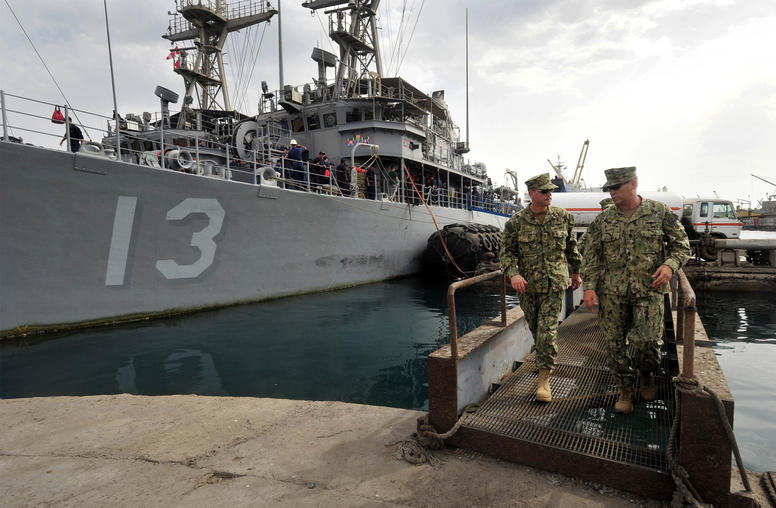
In Red Sea Region, Competing Outside Powers Complicate U.S. Interests
David Shinn, a former U.S. ambassador to Ethiopia and Burkina Faso, examines how great and regional power competition is impacting political and security dynamics in the Horn of Africa and complicating U.S. interests in the region.
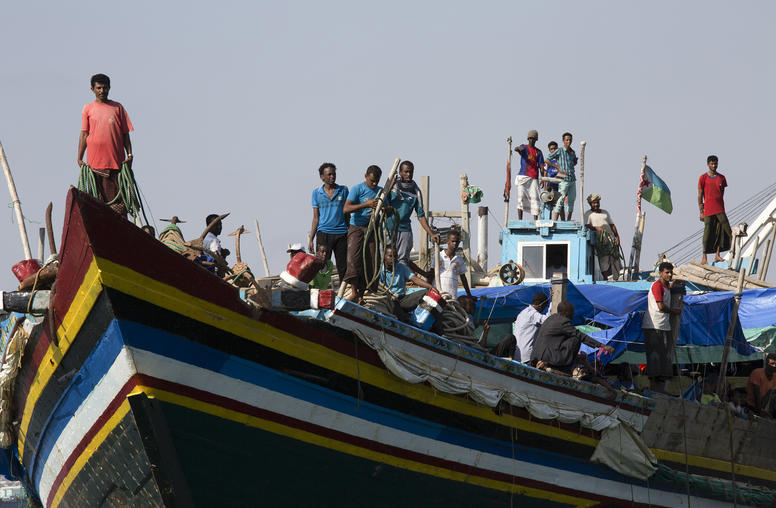
Why the U.S. Needs a Special Envoy for the Red Sea
The Trump administration has appointed four special envoys to coordinate U.S. policy toward key hot spots: Iran, North Korea, Syria, and Afghanistan. Yet in the Red Sea—one of the most volatile and lethal regions of the world afflicted by several interconnected conflicts and rivalries that pose significant challenges to American interests—U.S. policy has been rudderless in large part due to the absence of a similar post.
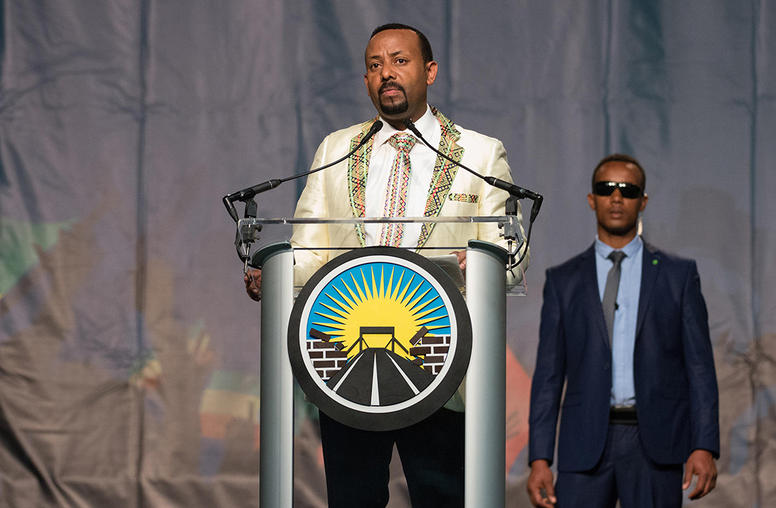
Ethiopia-Eritrea Peace Deal Brings Hope to Horn of Africa
Susan Stigant and Payton Knopf discuss what led Ethiopia and Eritrea to sign their recent peace deal, how it can improve the economic and humanitarian conditions in both countries, and the broader strategic and regional implications for the Horn of Africa and the Red Sea.
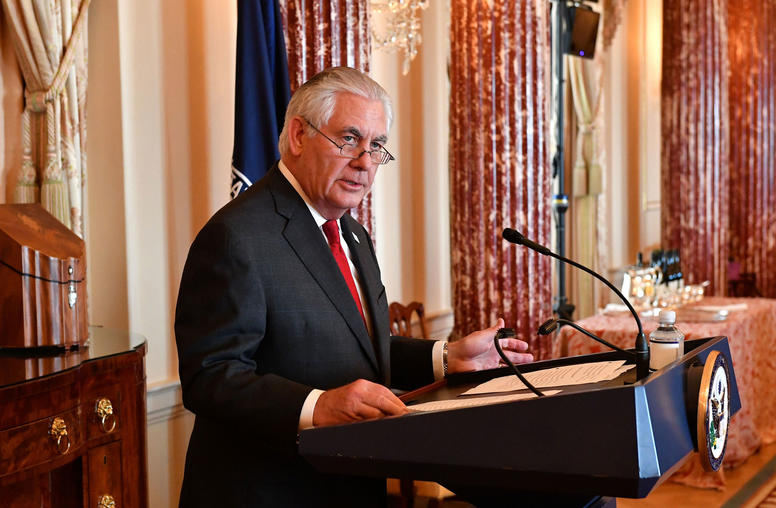
Secretary Tillerson Goes to Africa
Secretary of State Rex Tillerson is on the most extensive visit to Africa by a senior official in the Trump administration. Tillerson will visit the continent’s two most populous countries, Nigeria and Ethiopia, both crucial to U.S. regional security interests but which face increasing fragility at home. He will also travel to U.S. allies Chad, Djibouti and Kenya, countries struggling with domestic political stability, and will meet leadership of the continent’s principal regional organization, the African Union. USIP’s Africa experts preview the landscape and key issues for the East Africa leg of Tillerson’s trip to Ethiopia, Djibouti and Kenya, and note that broader U.S security and trade interests can only be served if the national challenges for peace and stability in each country are also addressed.
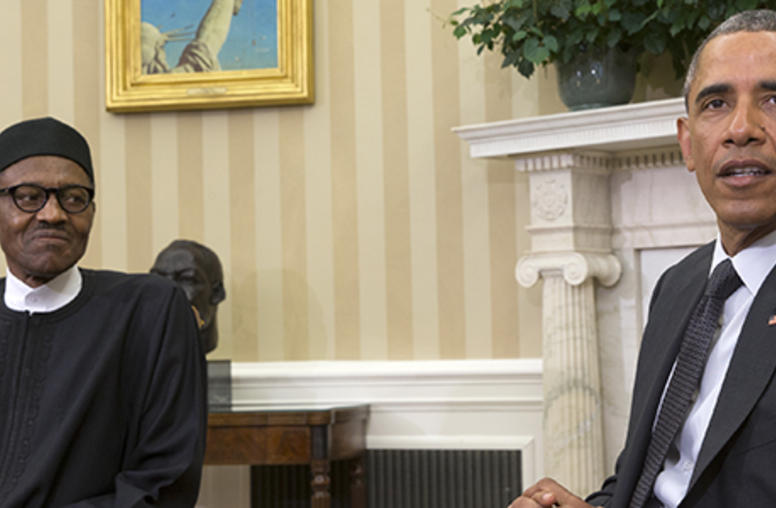
Obama, in Africa, Will Need to Balance Agenda, Ex-Envoys Say
Six years after Barack Obama first visited sub-Saharan Africa as a presidential messenger of democracy, he faces a more complicated task in turning back to the continent next week. Obama hosts Nigeria’s new president, Muhammadu Buhari, on July 20, and then flies to Kenya and Ethiopia. As he does, the continent’s security threats and its urgent need to address ongoing poverty are forcing him to balance priorities and messages, say two former assistant secretaries of state now at the U.S. Insti...